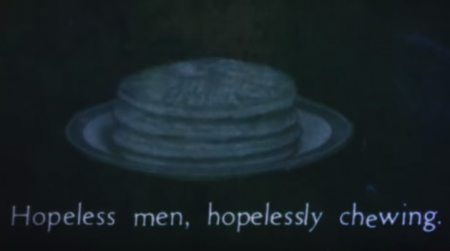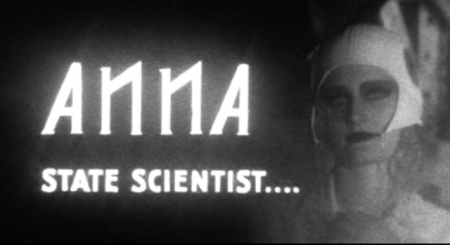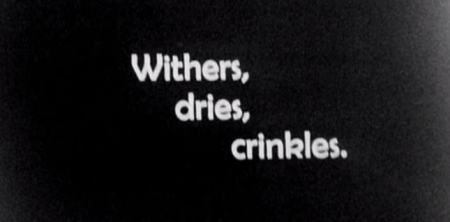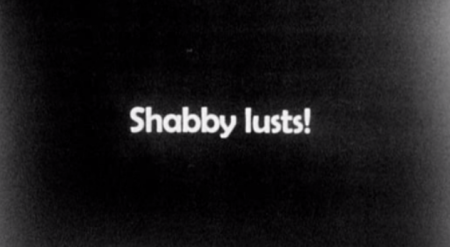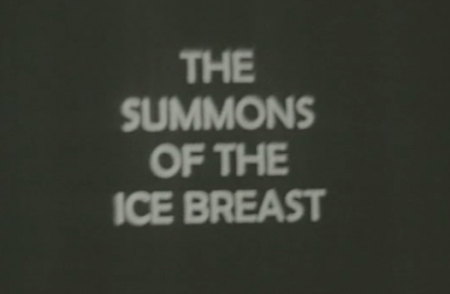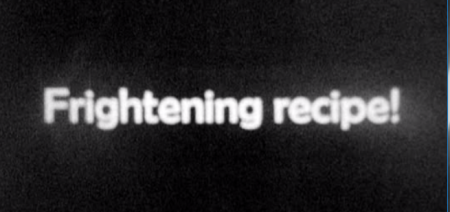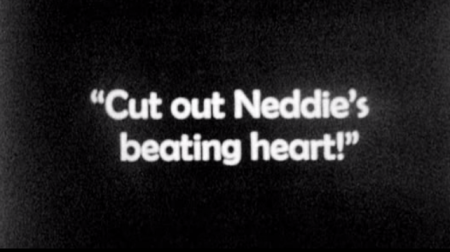Tarleton was visited in his consulting rooms one April evening by a padding fellow clutching a buff envelope.
Glossary :
Tarleton, “the amateur’s amateur”.
Consulting rooms, address unknown but probably in an ill-lit alleyway off the main thoroughfare in Pointy Town.
April, fourth month of the year. Abolished during the French Revolution and replaced by Germinal (to 19 April) and Floréal (from 20 April). Tarleton’s internal “clock” was regulated accordingly, though not for ideological reasons.
Evening, latter part of the day, descending into dusk and twilight and, eventually, nightfall, wherein terrors are unloosed (see Thomas Nashe, Terrors Of The Night, 1594).
Padding, moving like a cat.
Buff envelope, an item of stationery, not to be confused with the Buff Orpington, a type of duck.
“Why are you padding into my consulting rooms clutching a duck?” asked Tarleton. Then, putting on his spectacles, he added, “I beg your pardon, I ought to say clutching an envelope.”
“Within this buff envelope,” said the visitor, “Are papers which, if revealed to the press, could bring about the collapse of several crowned heads, and seething unrest throughout the continent!”
Glossary:
Then, here indicating the next action or event in a sequence. Can also refer to the past, as in the model sentence “I was happy then, in my childhood, before the revolution, before the shambles wrought by our new masters”.
Spectacles, eyeglasses, two monocles stuck together with connecting wire. Often rose-tinted, though not in Tarleton’s case.
Papers, top secret quasi-official documents of world-shuddering significance.
The press, generic term for newspapers, both tabloid and broadsheet, even, great heavens to Betsy, Berliner format!, not to be confused with Papers (see above).
Collapse, can happen to puddings and soufflés if cooking times go awry.
Crowned heads, done away with, violently, during revolutionary upheavals.
Unrest, second album by Henry Cow, released in 1974. Sock on cover.
Continent, seven known to exist, in alphabetical order Africa, Antarctica, Asia, Australia, Europe, North America, South America. There may be others, hidden or occult. Continental location of Tarleton’s consulting rooms not yet identified beyond every shadow of a doubt (Alfred Hitchcock, 1943).
“Good grief!” spluttered Tarleton’s sidekick Not-Tarleton, sprawled on a beanbag by the fireplace, “If what you say is true we must act immediately to stop the collapse and unrest in their tracks!”
An enigmatic smile played over Tarleton’s lips.
“May I have the buff envelope?” he asked the visitor.
Glossary:
Grief, Hardship, suffering; a kind, or cause, of hardship or suffering. Hurt, harm, mischief or injury done or caused by another; damaged inflicted or suffered; molestation, trouble, offence. A wrong or injury which is the subject of formal complaint or demand for redress. Gravity, grievousness (of an offence). Feeling of offence; displeasure, anger. A bodily injury or ailment; a morbid affection of any part of the body; a sore, wound; a blemish of the skin; a disease, sickness. The seat of disease; the diseased part; the sore place. Physical pain or discomfort. Mental pain, distress, or sorrow. Deep or violent sorrow, caused by loss or trouble; a keen or bitter feeling of regret for something lost, remorse for something done, or sorrow for mishap to oneself or others. Accidents in steeplechasing or in the hunting-field. Also in Golf. (OED). Not-Tarleton’s usage encompasses all these meanings, and more, oh! so many more, for he is that kind of chap, sprawled on his beanbag, spluttering.
Sidekick, a companion, colleague, junior partner, straight man.
Not-Tarleton, specifically in this case, Tarleton’s sidekick. More generally, can be applied to any organism, animate or inanimate, other than Tarleton himself. Thus, everything in the universe. Space precludes a complete list.
Beanbag, a large sealed bag containing synthetic beans, upon which to sprawl. Similar to the “Protean armchair” in The Confidence-Man : His Masquerade by Herman Melville (1857).
Fireplace, as the name suggests, a place of fire, of licking flames, of heat and blaze. Often located within an inglenook. Beanbags (see above) ought only be placed near to inglenooks if they are fire-resistant, otherwise a single spark from a hissing spitting coal upon the fire and, pfft!, up they go in flames. For fictional treatments of the catastrophic effects of fire upon persons, see Dickens, in particular Miss Havisham and Krook.
Tracks, “So take a good look at my face / You’ll see my smile looks out of place / If you look closer, it’s easy to trace / The tracks of my tears” (The Tracks Of My Tears, Smokey Robinson And The Miracles, 1965). In The Song Of Investment Capital Overseas (1981), the Art Bears hint at tracks without quite mentioning them : “The roads and rails run like cracks / And carry me upon their backs”.
Enigmatic smile, cliché used to impart spurious depth to a fictional character.
Lips, important parts of the mouth.
Buff envelope, remember not to confuse it with a Buff Orpington duck.
Hesitantly, the visitor handed the buff envelope to Tarleton. Without opening it, he in turn passed it to Not-Tarleton, still sprawled on a beanbag by the fireplace.
“Toss it on to the fire!” he commanded.
Not-Tarleton did as he was bid, and within seconds the buff envelope, and its mysterious world-shuddering contents, were consumed by the awful flames.
“I think we can say that the world is a safer place,” said Tarleton, smugly. “Now, shall we toast some crumpets?”
Glossary:
It would be a shame to add a further gloss on terms at this point. We would distract from the thrilling climax of the tale, and in any case few new words have been introduced. Hesitantly, toss, bid, awful, toast and crumpets can be looked up in any decent dictionary, and sometimes it is beneficial for readers to take the initiative, rather than having everything handed to them on a plate.
Glossary:
Plate, or platter, an item of crockery on which toasted crumpets are served in the consulting room of Tarleton, the amateur’s amateur, at the conclusion of the famous story Tarleton And The Mysterious Affair Of The Buff Orpington – sorry, Envelope.

